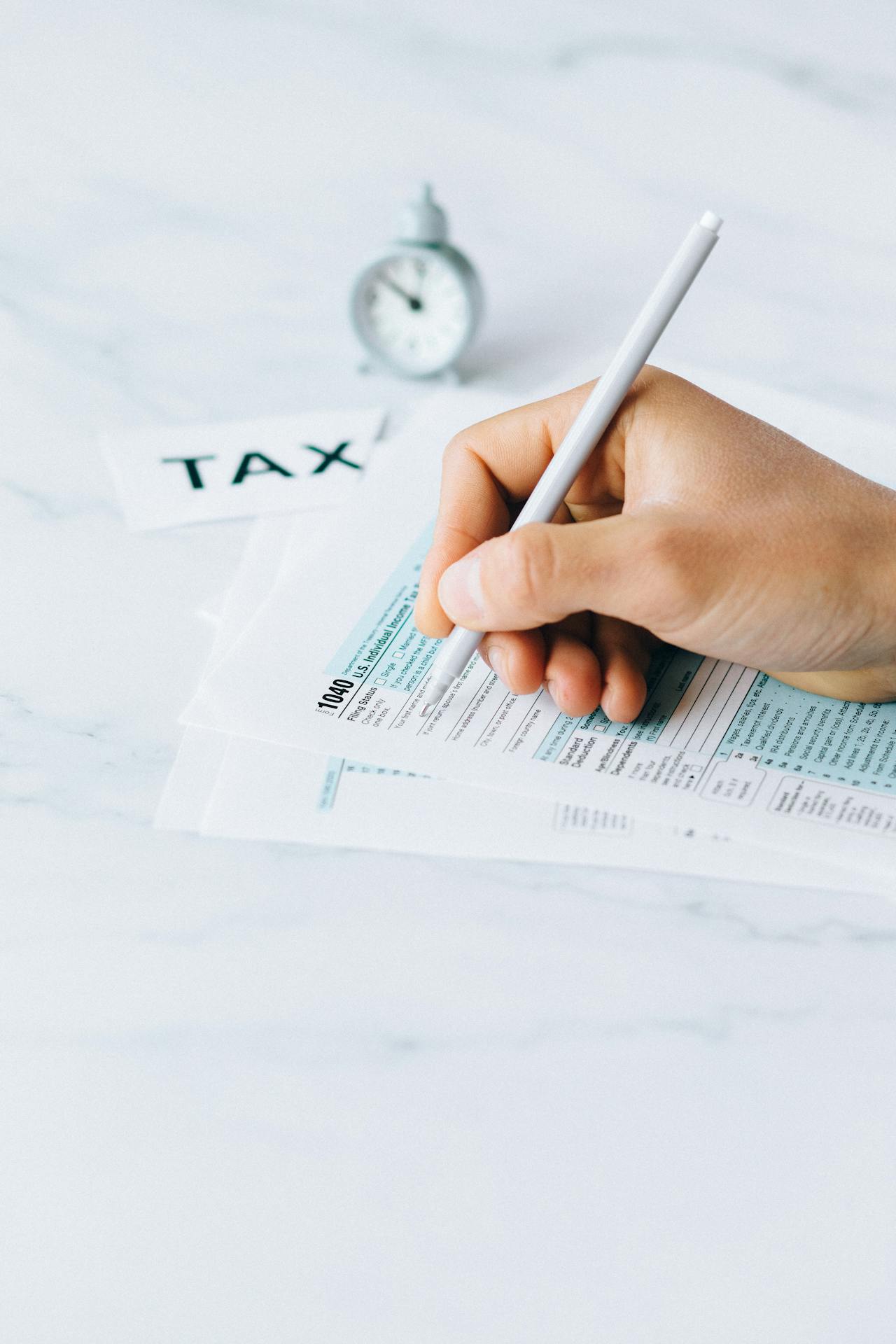
The real estate landscape in British Columbia, particularly in the bustling Vancouver market, is under constant influence from government policies. Designed primarily to address affordability challenges and increase housing supply, these measures, encompassing new taxes, restrictions, and incentives, significantly impact buyers, sellers, and investors alike. Understanding these policies is crucial for navigating the current market and making informed decisions.
One of the most prominent policies is the Speculation and Vacancy Tax (SVT), introduced to target vacant homes and foreign owners. This annual tax applies to residential properties in designated taxable areas, including Metro Vancouver. It is designed to turn vacant homes into housing and ensure foreign owners and those with primarily foreign income contribute1 to B.C.’s tax system.¹ While the stated goal is to encourage properties to be used as long-term rentals or principal residences, its impact is felt differently depending on one’s position in the market. The tax rate for Canadian citizens or permanent residents who are not members of a satellite family is 0.5% of the property’s assessed value annually, while for foreign owners and satellite families, it is 2%.¹ Effective January 1, 2026, these rates are set to increase to 1% and 3% respectively.⁶ Owners in taxable areas must complete an annual declaration by March 31st each year, even if they believe they are exempt.¹²
For investors, the SVT directly impacts the carrying costs of holding vacant properties. The tax rates incentivize renting out properties that would otherwise sit empty. This has, to some extent, contributed to an increase in the long-term rental supply in affected areas.³ However, some investors argue it can also deter future investment in rental housing, potentially limiting supply growth in the long run.
Sellers of vacant properties in taxable regions may find increased pressure to sell or rent to avoid the annual tax liability. This could potentially lead to more inventory coming onto the market.
Buyers, particularly those looking for a primary residence, are generally exempt from this tax if the property is their principal residence or rented out long-term.² They may indirectly benefit from the SVT if it genuinely increases the supply of available homes.
The Additional Property Transfer Tax, commonly known as the Foreign Buyer Tax, imposes an extra percentage (currently 20% in Metro Vancouver) on the fair market value of residential properties purchased by foreign nationals, foreign corporations, and taxable trustees in designated areas, including Metro Vancouver.³ Initially introduced to cool the heated market and address concerns about foreign speculation driving up prices, its long-term effects are still debated. Studies have suggested that foreign buyer taxes in Greater Vancouver had negative, large, and persistent effects on house price growth relative to a counterfactual scenario without the tax.⁴
For foreign buyers and investors, this tax represents a significant additional cost, potentially making Vancouver real estate less attractive compared to other international markets. This has likely contributed to a decrease in foreign investment activity. Some commentary suggests the tax, when applied to multi-family housing and development sites, acts like a tariff, potentially reducing capital flow into the rental housing industry and making it harder for developers.⁴
Domestic buyers and sellers are not directly subject to this tax. However, by reducing a segment of the buyer pool, it could theoretically have a moderating effect on price appreciation.
Recent restrictions on short-term rentals through the Short-Term Rental Accommodations Act have also sent ripples through the market. Enacted in February 2024, this legislation primarily restricts short-term rentals in many communities to a host’s principal residence plus one secondary suite or accessory dwelling unit.⁵ Investment properties can generally no longer be listed for stays of less than 30 days in regulated areas, with daily fines for violations reaching $3,000.⁵
This has had a direct impact on investors who previously operated multiple properties exclusively as short-term rentals. Many have been compelled to convert these units to long-term rentals or sell them. This is a key government strategy aimed at returning housing stock to the long-term rental market to alleviate the rental crisis. Regulated areas have seen a decline in available short-term rental listings and demand nights since the Act’s implementation.⁵
For renters, the hope is that this influx of former short-term rental units into the long-term market will increase supply and potentially stabilize or reduce rental costs. The Housing Minister has stated that the policy is working, with rents coming down and housing supply increasing.⁵
Buyers looking for investment properties that could be used for short-term rentals are now facing significant limitations due to this legislation. This shifts the investment focus towards properties suitable for long-term rentals or other investment strategies.
Alongside taxes and restrictions, the B.C. government also offers incentives aimed at making homeownership more attainable for residents, particularly first-time buyers. The Property Transfer Tax (PTT) First-Time Home Buyers’ Program provides a full or partial exemption from the PTT for eligible first-time buyers purchasing a qualifying property. As of April 1, 2024, the threshold for a full exemption was increased to $835,000, with a partial exemption available up to $860,000.⁷ To qualify, buyers must be Canadian citizens or permanent residents, have resided in B.C. for a specified period, and have never owned a principal residence anywhere in the world.⁷⁸
This incentive directly benefits first-time buyers by reducing their upfront closing costs, making the financial hurdle of entering the market slightly lower. Since April 1, 2024, this program has helped significantly more first-time buyers compared to the previous year, saving them thousands of dollars in PTT.⁷
Furthermore, the Newly Built Home Exemption from the PTT encourages the purchase of new construction by offering full exemptions for homes valued up to $1.1 million (effective April 1, 2024), with partial exemptions available for properties valued slightly higher.⁷
This exemption is advantageous for buyers considering new homes and provides an incentive for developers to build more properties, as it can make new construction more attractive and affordable for purchasers, helping to encourage development.⁷
In addition to provincial initiatives, federal programs like the Home Buyers’ Plan (allowing eligible individuals to withdraw up to $60,000 tax-free from their RRSPs for a down payment)⁹ and the GST New Housing Rebate⁸ also play a role in assisting buyers of newly built homes.
Overall, the B.C. government’s intervention in the real estate market through a mix of taxes, restrictions, and incentives creates a complex and evolving environment in Vancouver. While policies like the SVT and short-term rental regulations aim to curb speculation and increase rental supply, they also introduce new considerations and potential challenges for investors and sellers. Simultaneously, incentives like the PTT exemptions provide targeted relief for buyers entering the market and encourage new construction. Municipalities are also being given housing targets by the province to encourage more homebuilding through updated zoning and streamlined approvals.¹⁰
Market participants – buyers, sellers, and investors – must stay informed about these policies and their potential ramifications. The effectiveness and long-term consequences of these measures are continuously being analyzed, and future adjustments are always possible as the government continues to grapple with the ongoing challenges of housing affordability and supply in British Columbia. Navigating the Vancouver real estate market requires a clear understanding of this dynamic policy landscape and its influence on market trends and individual decisions.
Sources and Links:
[1] How the speculation and vacancy tax works – Province of British Columbia – Gov.bc.ca: https://www2.gov.bc.ca/gov/content/taxes/speculation-vacancy-tax/how-tax-works
[2] Frequently asked questions about the speculation and vacancy tax – Gov.bc.ca: https://www2.gov.bc.ca/gov/content/taxes/speculation-vacancy-tax/faq-speculation-and-vacancy-tax
[3] B.C. Speculation & Vacancy Tax | Cover the Coast: https://coverthecoast.org/b-c-speculation-vacancy-tax/
[4] Do Foreign Buyer Taxes Affect House Prices? – Taylor and Francis: https://www.tandfonline.com/doi/full/10.1080/08965803.2024.2376955?af=R
[5] The Effect of the Short-Term Rental Accommodations Act on B.C. Airbnbs – AirDNA: [https://www.google.com/search?q=https://www.airdna.co/blog/short-term-rental-accommodations-act](https://www.google.com/search?q=https://www.airdna.co/blog/short-term-rental-acc
[6] B.C. anticipates solid housing market despite tariffs – Business in Vancouver: https://www.biv.com/news/real-estate/bc-anticipates-solid-housing-market-despite-tariffs-10359652
[7] New measures in place will boost home construction – BC Gov News: https://news.gov.bc.ca/releases/2024FIN0054-001677
[8] First time home buyers’ program – Province of British Columbia – Gov.bc.ca: https://www2.gov.bc.ca/gov/content/taxes/property-taxes/property-transfer-tax/exemptions/first-time-home-buyers
[9] Line 31270 – Home buyers’ amount – Canada.ca: https://www.canada.ca/en/revenue-agency/services/tax/individuals/topics/about-your-tax-return/tax-return/completing-a-tax-return/deductions-credits-expenses/line-31270-home-buyers-amount.html2
[10] Housing targets – Province of British Columbia – Gov.bc.ca: https://www2.gov.bc.ca/gov/content/housing-tenancy/local-governments-and-housing/housing-targets


